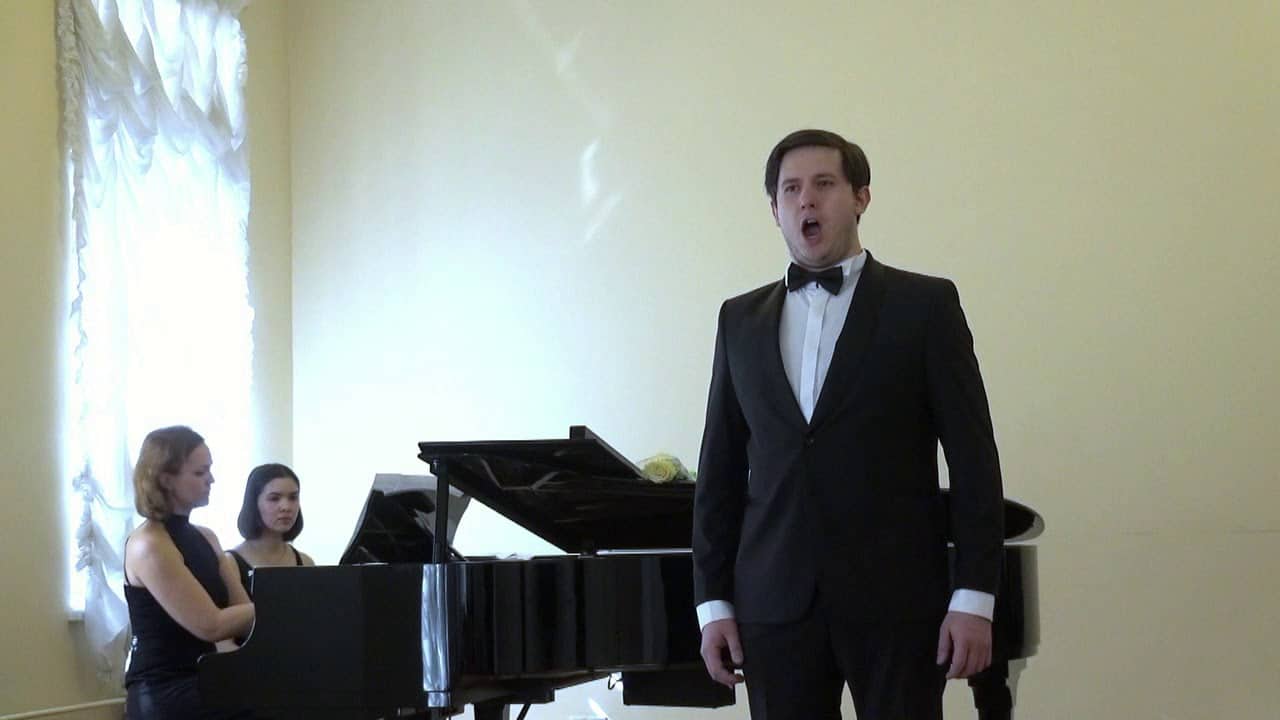Wales extols its most successful living composer
mainHe wrote an ad for Delta Airlines and used it to become the most sung choral composer of his time.
Karl Jenkins turns 70 and I am among those singing his praises on this S4C documentary.


He wrote an ad for Delta Airlines and used it to become the most sung choral composer of his time.
Karl Jenkins turns 70 and I am among those singing his praises on this S4C documentary.

The Chinese-Australian pair of comedy fiddlers have called…

From the last Lebrecht Album of the Week…

From a Russian glamour magazine: Vasily Sokolov told…

From the Times newspaper today: The City of…

Session expired
Please log in again. The login page will open in a new tab. After logging in you can close it and return to this page.
And me too. I had the chance to help to premiere in Spain Palladio. Many people thinks about it as kitsch music but if they have the chance to study the score they will find exactly the same elements that Andrea Palladio used to build. It is not about the melody it is exactly about the model that imitates. I am talking here as musicologist.
But many people consider best work the Stockhausen’s Helikopter-Streichquartett.
That Jenkins’ music is kitsch does not contradict any signal of craftmanship. Artistic quality is something different from craft, although it needs craft to express itself. The example of Palladio is wrongly applied here, since exactly Palladio created very personal interpretations of classical models, and the quality of his work is due to its superb artistic vision and sophisticated taste, things mr Jenkins lacks altogether.
I am completely sure that you are wrong. If you watch the 13th page of the full score of Palladio, for example, which belongs to the 3rd movement (Vivace) you will be in front of the Palacio Chiercati
http://es.wikipedia.org/wiki/Palacio_Chiericati
Now think on it as the plinth on the double bass, the cello on the stylobate and the capital on the violas. Second floor are violins. The front of the Palacio is exactly on this page. And this palace was built by Palladio. So Jenkins draw the visual rythm of the front of the Palacio on the score.
Other kind of debate is if you like or not the melodies and harmonies he used to work.
A literal ‘translation’ of physical properties is a materialistic approach to aesthetics. A better comparison between Palladio and a work of classical music is to compare a Palladio building with a Mozart symphony. It’s the classical spirit, how the feel of proportions and expression is realized, that is the point.
Oh, I do like a good bit of patronising, snotty nosed condescension at times. So tell us Mr. Borstlap how many composition have you had performed worldwide?
Not as many as Madonna, but enough to not need the bad taste of Mr Jenkins to enjoy myself.
But seriously: the capacity to make distinctions is a prerequisite to be able to enjoy the best. Criticizing underdeveloped aesthetics does not mean ‘patronizing’. If you get a really badly prepared dish in a restaurant, would you just silently eat it anyway and not have it sent back to the kitchen? and risk food poisoning?
“But seriously: the capacity to make distinctions is a prerequisite to be able to enjoy the best.”…….sorry I didn’t realise that you had been appointed official arbiter of good taste, either that, or this is arrogance on a scale not often seen.
Ellingtonia: For certain it WAS ‘arrogance on a scale not often seen’, but look where he’s from!
@Ellingtonia: You do make one fundamentally flawed assumption. “Popularity” does not necessarily equate with “quality”.
Technically, right now Justin Bieber is Canada’s “most popular musical artist”. That doesn’t mean that this popularity equates to Bieber being better than R. Murray Schaffer, or Jacques Hétu, or any of a number of other great Canadian composers.
What I don’t understand is that apparently – judging by the comments in this thread – there is absolutely no middle ground between Stockhausen and kitschy neo-baroque.
Contemporary music doesn’t HAVE to be anti-lyrical, nor purely theoretical, nor violently anti-tonal. And it doesn’t have to resort to pastiche of baroque composers either.
I love new tonal music. I can’t abide pastiche. If your “new tonal” music wouldn’t have sounded out of place in a royal parlour 300 years ago then it’s pastiche. If it might have raised some hackles 100 years ago then chances are you’re doing it right.
It’s the myth of progressiveness which hinders contemporary composers to find a way of recapturing something of universal musical values which have driven Western music for so long. There are enough contemporary composers who answer the ‘requirement’ of this comment: David Matthews, James Francis Brown, Richard Dubugnon, especially: Nicolas Bacri. They don’t ‘do’ pastische, but reconnect with prewar aesthetics and make them their own:
http://www.youtube.com/watch?v=yPs-D8X2zUA
http://www.youtube.com/watch?v=o-wEqheT9is
Well, at least he isn’t Philip Glass.